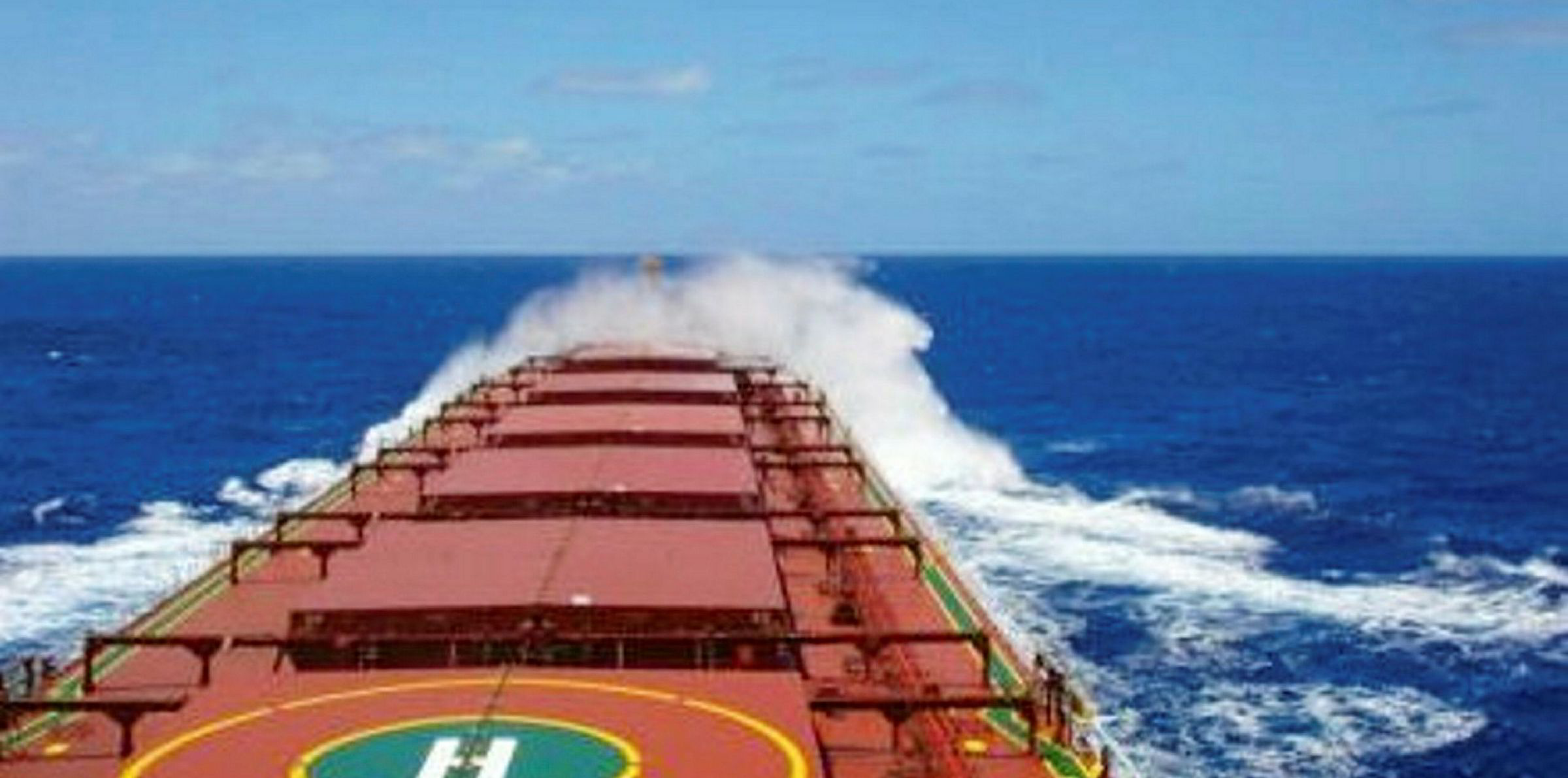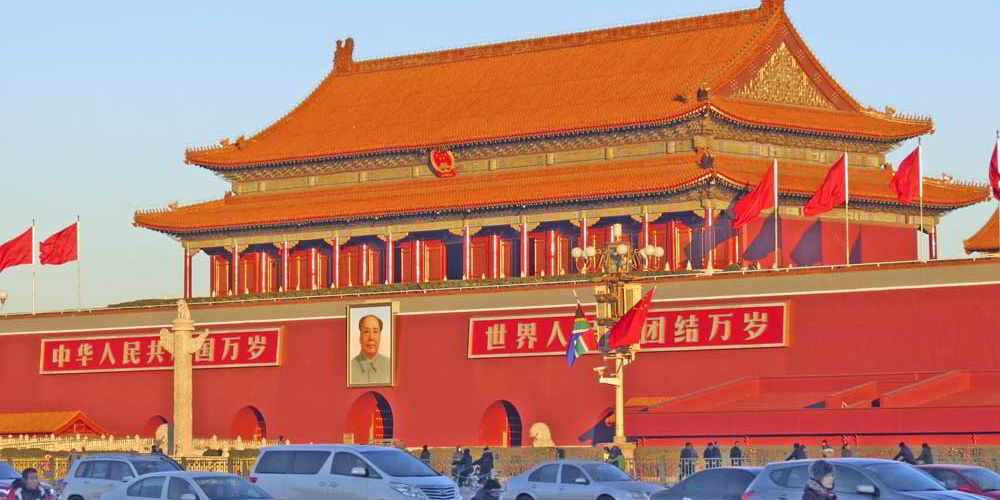China could increasingly target Australia’s agricultural commodities as it seeks to influence Australia’s regional ambitions, a Hong Kong-based consultancy has warned.
Last month China announced the immediate start of a year-long anti-dumping probe into imported barley from Australia.
China is Australia’s largest export market for barley; in 2017, it exported two-thirds of its crop – 6.48mt – worth $1.5bn – to China.
The announcement came just two days after Australia said it would partner with the US to develop a naval base in Papua New Guinea (PNG) to counter China’s regional expansion.
“ Sino-Australia relations have been strained since the government of former Prime Minister Malcolm Turnbull in June 2017 accused China of attempting to influence Australian politics,” said A2 Global Risk.
Australia offers little domestic protection to its farming sector and maintains low tariffs on agricultural imports.
Its government aggressively pursues free trade agreements and considers this open-market approach the impetus behind its successful agricultural industry.
“China’s actions can be seen as a pushback against Australia’s aid and defence activities in the Pacific. Canberra views its activities as countering growing Chinese influence,” said A2 Global Risk.
“The probe can be seen as a strategic undertaking to place pressure on the government of new Prime Minister Scott Morrison in its regional dealings, in the same way China recently targeted soybeans in its ongoing trade war with the US.”
Australian barley is highly likely to face “additional regulatory scrutiny” at Chinese ports, and exporters should prepare for the possibility of consignments being refused entry, said A2 Global Risk.
China may potentially employ non-tariff measures (NTMs) – policy measures other than ordinary tariffs.
While this is against WTO rules, it will be difficult for the Australian government to hold China to account in the one-year outlook, according to the consultancy.
“There is strong potential that China will react to Australia’s future strategic policy undertakings by targeting other Australian agricultural commodities,” said A2 Global Risk.
“Over 20% of Australia’s agriculture is exported to China; this includes 75% of its wool, while China is Australia’s biggest export market for wine.
“Potential action could include the use of NTMs to prevent trade, or port inspections to slow trade, as experienced by the Australian wine sector in May 2018.”





